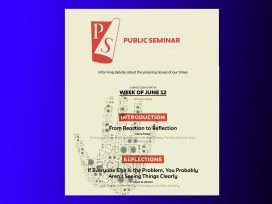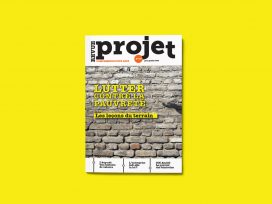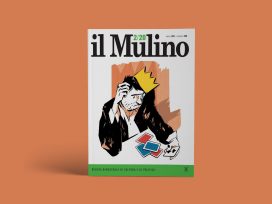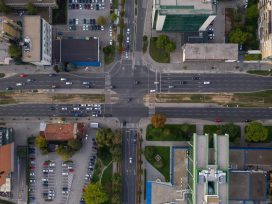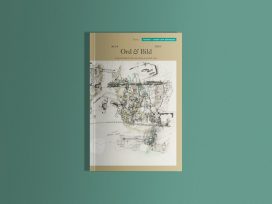UK journal Soundings focuses on the new municipalism: how Barcelona is recapturing sovereignty at city level; on municipalism and migration, populism and climate crisis; and ‘autogestion’ in Manchester.

Soundings explores how the ‘new municipalism’ can revitalize the political imagination. ‘It has the potential to re-empower localities: to involve diverse people in decision-making about their lives’, the editors write.
Localism
Òscar Garcia Agustin discusses ‘progressive localism’ in Catalonia aiming ‘to shape localisms in contested and solidaristic ways, and to link place-based politics and global processes’. Barcelona’s left municipalism recaptures sovereignty at city level, developing autonomous spaces of organization and multi-level governance, and redefining the relationship between city and state politics in the distribution of water, energy supplies, housing rights and sanctuary for refugees.
Despite its trans-local and transnational potential, the 2019 European elections in Spain showed that the new municipalism is not ‘exempt from electoral logic’. Far from it: municipalities are vulnerable to neoliberal policies and, in Spain, ‘governments of change’ lost the elections everywhere except Cadiz.
New humanism
A conversation between Palermo mayor Leoluca Orlando and Tunç Soyer, mayor of Izmir, mediated by philosopher and transnational activist Lorenzo Marsili, places municipal co-operation in the context of migration, authoritarian populism and climate crisis. Orlando argues for a mobilized vision of ‘new humanism’, because all have the right to choose which group or community they belong to, migrants included. ‘I have the same right – to decide my state, to decide my identity without limits of border or of blood.’
Autogestion
Bertie Russell’s analysis takes us to Manchester via Henri Lefebvre’s concept of the ‘right to the city’, an ‘active process of replacing the state’ through citizens taking responsibility for governing themselves.
Russell presents a five-point-plan for a new municipalism, including coordination between elected representatives and citizens committed to transforming the city and making economic decisions; public ownership of utilities and services; and transformative city experiments such as municipal-cooperative farms to provide food to schools. Russell reinterprets what Lefebvre called ‘autogestion’ (bottom-up organization) to involve ‘the recognition that contestation over the form of the state is foundational to any concerns over its function’.
More articles from Soundings in Eurozine; Soundings’ website
This article is part of the 11/2020 Eurozine review. Click here to subscribe to our weekly newsletter, to get updates on reviews and our latest publishing
Published 22 June 2020
Original in English
First published by Eurozine
© Eurozine
PDF/PRINTNewsletter
Subscribe to know what’s worth thinking about.
Related Articles

Most European cities were never meant to withstand the kind of heat they are facing now – and accelerating every year. Climate proofing cities has to be done equitably. When done right, there is social potential in the transformation.
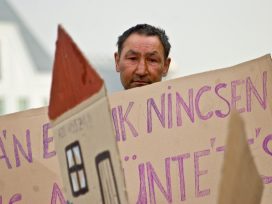
Hopes raised in 2019 of municipal counter-hegemony in Hungary have been disappointed. But in Budapest, the idea of progressive local government is kept alive by the movement for housing justice.
